I am a psychodramatist and hence a student of the work of J.L. Moreno. And I hold his philosophy and methods to be revolutionary in the sense of having potential to heal humanity. There is an area of his philosophy and outlook where he comes short of the potential, it is in the conception of mass action and the macro forces that operate in the world. He lacks a good grasp of Marxism. And I think Marxism lacks the science of sociometry, the outlook of small groups.
Moreno and Marx have a lot of common ground. Both Marx and Moreno have an experimental, scientific outlook. Action and learning go together. Its integrated. This is what is meant by dialectical, a term both Moreno and Marx use for describing the process of participation in the world. Its not one or another or even one and the other, Action and learning combine in the flow of life.
I will comment on the following passage by Moreno to show how it is similar to marxism and how it is progressive and also where it shows a gap in Moreno’s approach:
“All this, of course, could only happen if the warming up process of all human characters and all participating groups coalesce naturally into an experiment . (Rule of “gradual” inclusion of all extraneous criteria .) There are many steps and more barriers which a sensitive crew of coexperimenters might encounter on the way to a scientific utopia . However little or far they advance they never fool themselves and never fool others ; they prefer the “slow” dialectic process of the sociometric experiment in situ to social experiments which are based on inference and logic only or the social revolutions of mass action which do not know when to start and when to end .”
“Who Shall Survive?” P63
First the progressive:
Warm-up is a key concept in psychodrama, the process is complex, yet the term is somewhat self explanatory. I have written with approval of Moreno’s scientific method and the “Rule of “gradual” inclusion of all extraneous criteria.” It makes total sense sense when working with the group process of warming up. What is central, what is extraneous? How not to dismiss all that emerges? The group warms up together and a focus emerges. See my psychodrama thesis about finding the focal conflict and central concern in a psychodrama group.
In the next few lines “slow” is a word to review. It is sometimes slow and sometimes fast. He has it gradual and slow in quotes. I take it he means it is relative, and as he says. part of the “dialectic process” which can be seen as outside of linear time. There are moments of dramatic change in a psychodrama group. The oft quoted idea from Lenin comes to mind:
“There are decades where nothing happens; and there are weeks where decades happen.”
― Vladimir Ilyich Lenin
I can imagine Moreno agreeing that this happens in psychodrama, though he does not address the flow of history in this way.
Moreno is also progressive when he contrasts “sociometric experiment in situ” and “social experiments which are based on inference and logic only”. Here again is a shared outlook with Marx. It is a moment where Moreno is clearly not a philosophical idealist, i.e. someone who dreams up a plan and then works out the steps to execute it. That way of thinking is anathema to both Moreno and Marx. When Moreno says in situ, he means in the world and not on the psychodrama stage. On the stage the enactment is as close to life as possible, but he regularly affirms that life itself is the most important arena.
A gap in his methods are revealed in his concluding negative comment about mass action: “the social revolutions of mass action which do not know when to start and when to end.” These are not according to Moreno the sort of group that “coalesce naturally into an experiment.”
This is where Moreno’s vision, focussed on small groups is at a loss to grapple with major social upheaval. It seems he does not have a problem with “social revolution”, but a particular type of mass action. It is true, there is no knowing what will happen when it comes to masses, social forces, large groups, classes and nations. So Moreno is then at a loss, he has no way of knowing where to stand on mass movements, how to be with them or assess them. He is not able to make use of his theory of the moment or concept of spontaneity and theory of change.
There is no denying that there is a conundrum. A challenge. A small group can have a life of its own that is bigger than the individual will of the participants. The methods, philosophy and history of psychodrama are about the collective relational processes. Moreno made unique contributions including the philosophy of the moment. But what about the clashing of multiple large social collectives? What about the moment in history? Marxism adresses this area, (but does not have ready answers.)
Note this classic statement from Marx:
“Men and women make their own history, but they do not make it as they please; they do not make it under self-selected circumstances, but under circumstances existing already, given and transmitted from the past.
But can it be done well? Marx is not always optimistic, here is the rest of the paragraph:
The tradition of all dead generations weighs like a nightmare on the brains of the living. And just as they seem to be occupied with revolutionizing themselves and things, creating something that did not exist before, precisely in such epochs of revolutionary crisis they anxiously conjure up the spirits of the past to their service, borrowing from them names, battle slogans, and costumes in order to present this new scene in world history in time-honored disguise and borrowed language.”
― Karl Marx, The Eighteenth Brumaire of Louis Bonaparte
For those familiar with Moreno will see that Marx is grappling with what Moreno would call cultural conserves. And Morenian theory has lots to say about cultural conserves. The theory of change, tried and tested in small groups is the Canon of Creativity. To become creative, to have the emergence of the adequate and new, the path is through warm up and spontaneity to creativity. But how does this theory of change apply at a macro level?
This brings us to an eternal discussion in revolutionary political discourse, where the word spontaneity is also used: the relationship between the spontaneity of the people and leadership. To get an idea about the debate, look at these two paragraphs from Wikipedia on Revolutionary Spontaneity
Revolutionary spontaneity, also known as spontaneism, is a revolutionary socialist tendency that believes the social revolution can and should occur spontaneously from below by the working class itself, without the aid or guidance of a vanguard party and that it cannot and should not be brought about by the actions of individuals such as professional revolutionaries or political parties who might attempt to foment such a revolution.
In his work What Is to Be Done? (1902), Vladimir Lenin argued fiercely against revolutionary spontaneity as a dangerous revisionist concept that strips away the disciplined nature of Marxist political thought and leaves it arbitrary and ineffective.[1]
To counterpose the two perspectives as polar opposites in this way is to do them both a disservice, but the question of the relationship between spontaneity and leadership of revolution is clear. This is also a question of the relationship between small groups and large social forces. It is fruitful to have both the contributions of Moreno and Marx.
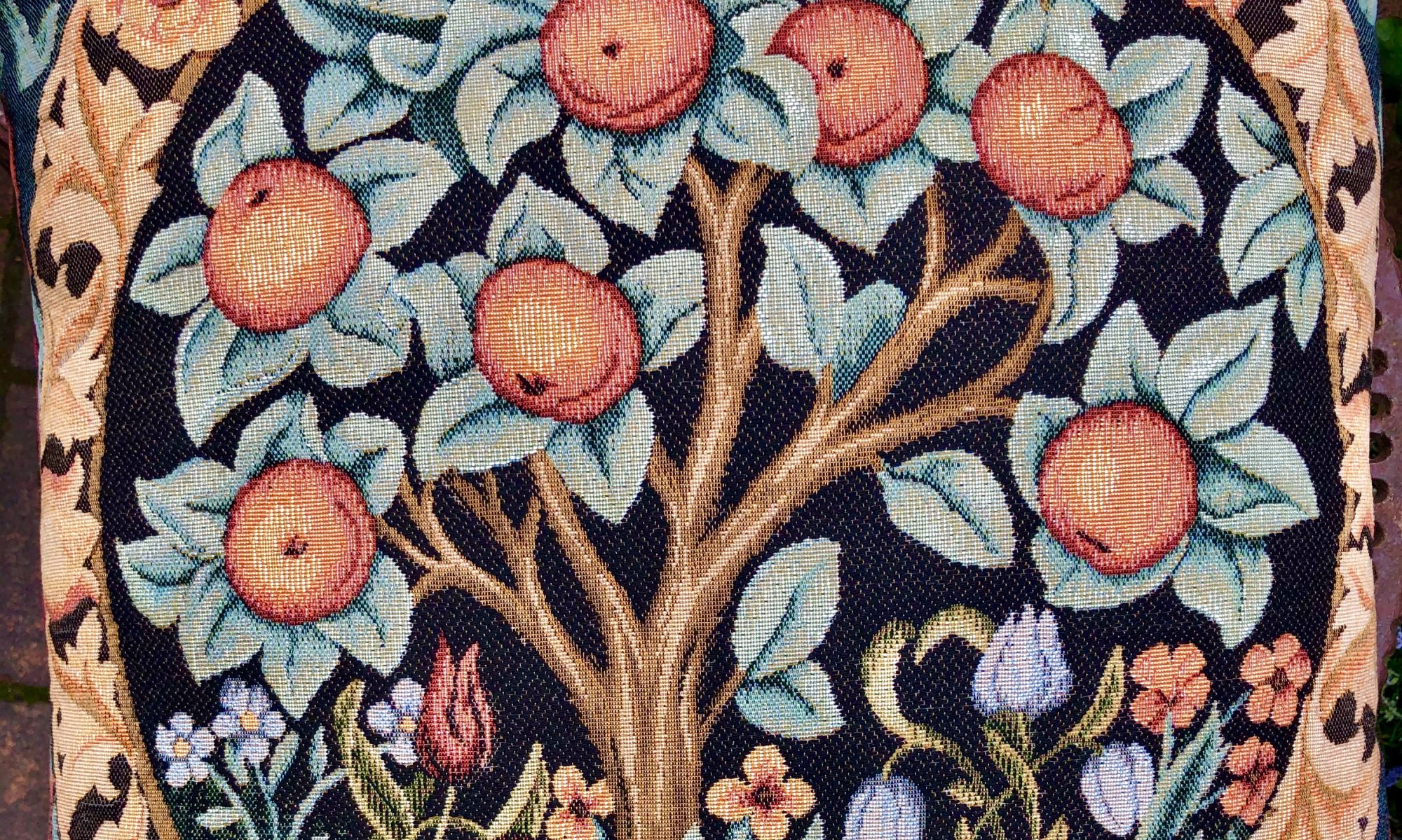
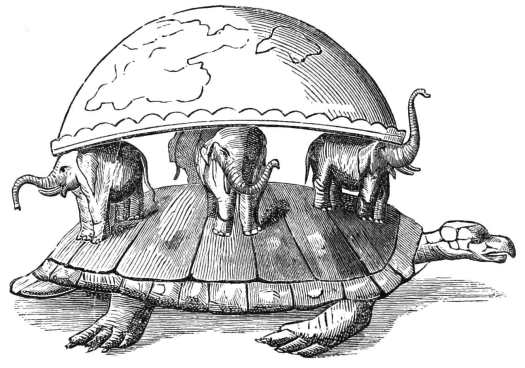
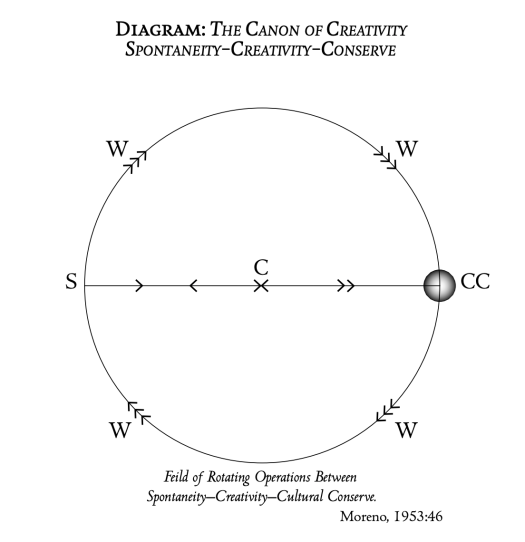





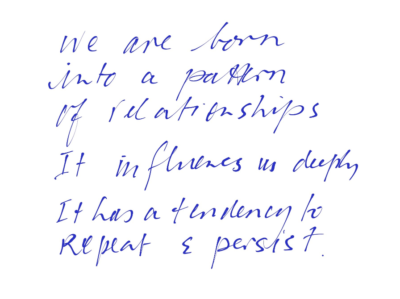
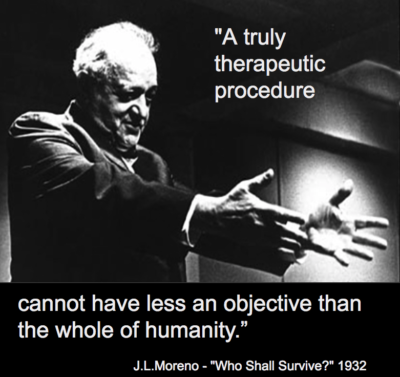


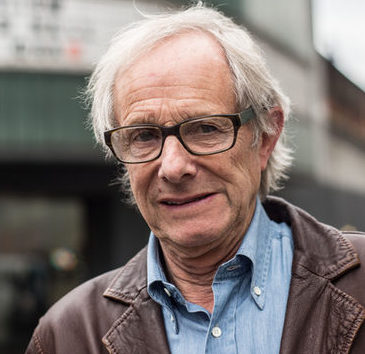
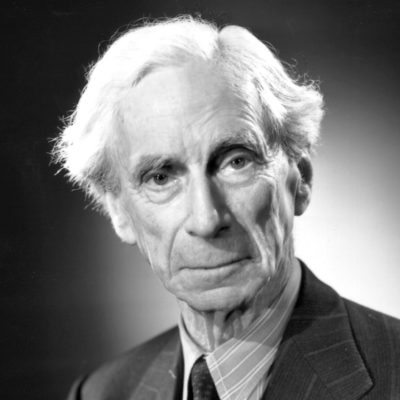
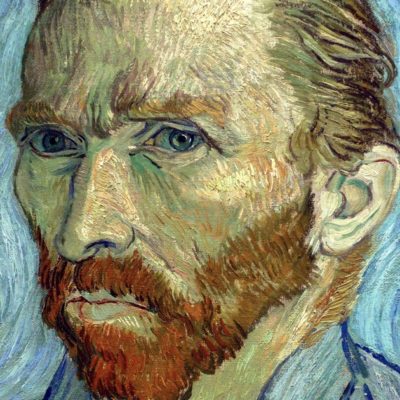

You must be logged in to post a comment.